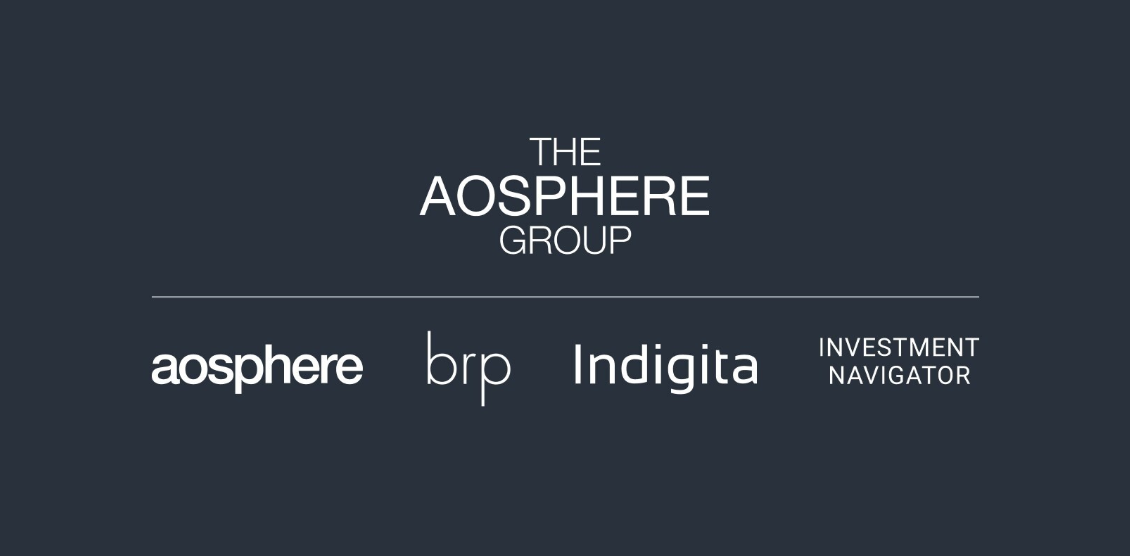Authored by Corina Chihai, Business Analyst at Indigita SA.
Objective
This article analyzes how Swiss private banks have expanded their international presence since 2022. It focuses on identifying key geographical trends, emerging growth opportunities, and shifts in client interests around the world.
Methodology
The analysis is based on cross-border training courses assigned and cross-border searches conducted within our clients’ systems between 2022 and 2025.
Introduction
Swiss private banking has long been known for its stability, discretion, and high-quality wealth management. Its strong global reputation has made Switzerland a trusted hub for wealthy clients worldwide. As the financial landscape evolves, international markets have become increasingly important, offering Swiss banks new growth opportunities, a broader client base, and greater resilience in a competitive global environment.
Regional Trends and Market Priorities for Swiss Private Banks
As the global market evolves, monitoring the locations of High-Net-Worth Individuals (HNWIs) provides valuable insight into where Swiss private banks focus their efforts. Consultation trends and client data from our systems have revealed shifting regional interests, emerging markets, and key opportunities for strategic alignment. The major trends are outlined below.
Countries with Strong Interest
Countries such as the United Kingdom, France, Germany, Monaco, Egypt, the UAE, Qatar, Saudi Arabia, South Africa, Argentina, and Israel have shown a steady increase in interest between 2022 and 2025.
In Europe, France, Germany, and Monaco remain reliable pillars for HNWIs due to their mature and stable financial ecosystems. Monaco, in particular, continues to attract attention thanks to its appeal as a wealth management hub and luxury lifestyle destination.
In the Middle East, especially in the UAE, Saudi Arabia, Qatar, and the DIFC area, growth is likely driven by favorable tax regimes (e.g., zero income tax in the UAE) and business-friendly regulations. These factors have positioned the region as a key destination for HNWIs seeking financial stability and global mobility.
South Africa is gaining momentum due to its growing digital economy and role as a regional financial hub, while rising interest in Argentina may be linked to recent political changes that have revived investor confidence.
Countries with Stable Interest
Countries such as Italy, Portugal, Switzerland, Austria, Belgium, the Netherlands, Luxembourg, Lebanon, and Singapore maintained relatively stable levels of consultation. Despite this steady trend, some European markets experienced modest upticks. Italy’s flat tax regime continues to attract HNWIs seeking tax efficiency, while Portugal’s residency-by-investment programs help sustain its appeal as a gateway to Europe for international investors.
Countries with Declining Interest
Several countries showed a decrease consultation activity, suggesting waning interest among investors possibly due to economic, regulatory, or geopolitical shifts. In Asia, China, Japan, and Thailand registered declining engagement, which aligns with broader macroeconomic concerns such as China’s economic slowdown and the persistent instability of its real estate sector. Canada faced reductions as well, this could be due to the combination of regulatory hurdles, slow economic growth, volatility in the energy sector and political uncertainties. However, Russia showed the sharpest decline, a trend largely attributed to ongoing geopolitical instability and international sanctions.
Key Insights from Global Wealth Trends
Swiss private banks are intensifying their international engagement by closely aligning their strategies with the global movements of HNWIs. Their focus has shifted toward regions showing increased wealth migration and financial openness. Core markets such as France, Germany, and Monaco continue to provide stability, while the Middle East-especially the UAE, Saudi Arabia, and Qatar-has gained significant traction due to favorable tax environments and investor-friendly regulations. Emerging interest in South Africa and Argentina suggests a response to evolving local political and economic conditions. Conversely, declining activity in China, Russia, and Canada reflects macroeconomic slowdowns, regulatory barriers, and geopolitical instability. These trends strongly mirror the latest HNWI migration patterns, highlighting Swiss banks’ strategic pivot toward dynamic, opportunity-rich regions.
Navigating Challenges and Seizing Opportunities in Global Expansion
As Swiss private banks expand globally, they are navigating a world where priorities are shifting. Europe remains a key region, but interest is evolving, with some markets losing steam while new ones, especially in parts of the Middle East, are gaining ground. These newer markets bring fresh potential, but they also demand more innovation, flexibility, and a deeper understanding of local needs and preferences.
To succeed, banks must go beyond geographic expansion. Thriving in this new landscape requires agility in navigating diverse regulatory environments, cultural fluency, and a deep understanding of local client needs. These challenges are compounded by geopolitical uncertainty and fast-evolving expectations from a new generation of clients.
In short, the future of Swiss private banking lies in staying rooted in core values while evolving to meet a new generation of global clients. With the right mix of heritage and innovation, these banks can stay relevant and thrive in an increasingly connected and competitive world.




